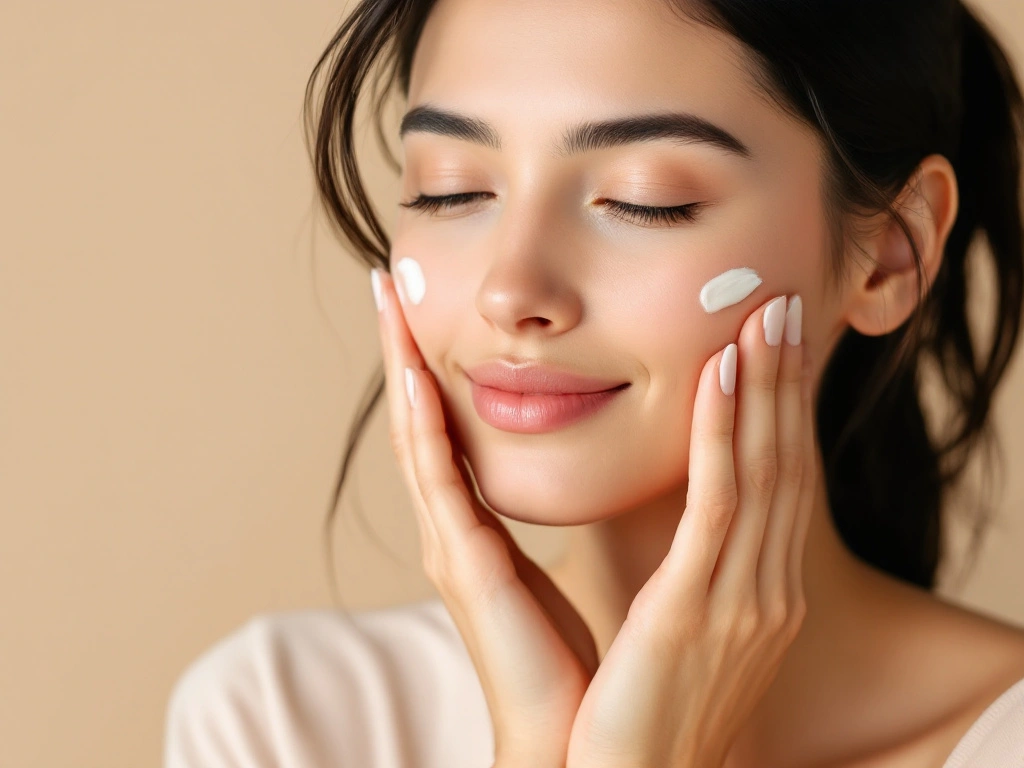Natural Sun Protection: Safeguarding Your Skin Without Harmful Chemicals
Introduction
In an era where skincare is increasingly scrutinized for its environmental and health impacts, many people are turning to natural alternatives for sun protection. Conventional sunscreens, while effective, often contain synthetic chemicals that may disrupt hormones, cause skin irritation, or harm marine ecosystems. Fortunately, nature provides a wealth of solutions to protect our skin from harmful UV rays without relying on artificial ingredients.
This comprehensive guide explores natural sun protection methods, from antioxidant-rich diets and protective clothing to mineral-based sunscreens and botanical extracts. We’ll delve into the science behind these alternatives, debunk common myths, and provide actionable tips for integrating them into your daily routine. By the end, you’ll have a holistic understanding of how to shield your skin from the sun—naturally and sustainably.
Understanding Sun Damage and the Need for Protection
How UV Rays Affect the Skin
Ultraviolet (UV) radiation from the sun is classified into two main types:
- UVA rays – Penetrate deep into the skin, accelerating aging and contributing to long-term damage like wrinkles and hyperpigmentation.
- UVB rays – Cause surface-level burns and play a significant role in the development of skin cancer.
Prolonged exposure without protection can lead to:
- Sunburn
- Premature aging (photoaging)
- DNA damage
- Increased risk of melanoma and other skin cancers
The Problem with Conventional Sunscreens
Many commercial sunscreens contain chemicals like oxybenzone, octinoxate, and parabens, which have been linked to:
- Hormonal disruptions
- Allergic reactions
- Coral reef bleaching (leading to bans in places like Hawaii and Key West)
While these products offer protection, growing concerns over their safety and environmental impact have fueled interest in natural alternatives.
Natural Sun Protection Strategies
1. Dietary Defense: Eating for Sun Resistance
Certain foods enhance the skin’s natural ability to resist UV damage by boosting antioxidants, which neutralize free radicals generated by sun exposure.
Key Sun-Protective Foods:
- Carotenoid-rich foods (carrots, sweet potatoes, spinach) – Increase skin’s UV resistance.
- Polyphenol-packed foods (green tea, dark chocolate, berries) – Reduce inflammation and oxidative stress.
- Omega-3 fatty acids (wild-caught salmon, chia seeds, walnuts) – Strengthen skin cell membranes.
- Vitamin C & E (citrus fruits, almonds, avocados) – Work synergistically to repair sun damage.
Practical Tip: Incorporate a daily smoothie with spinach, carrots, and berries for an internal sunscreen boost.
2. Protective Clothing and Accessories
Clothing provides a physical barrier against UV rays. Key considerations include:
- UPF (Ultraviolet Protection Factor) Clothing – Specially designed fabrics that block more UV radiation than regular clothing.
- Wide-Brimmed Hats – Shield the face, neck, and ears.
- UV-Blocking Sunglasses – Protect eyes and delicate surrounding skin.
Example: A UPF 50+ shirt blocks 98% of UV rays, making it an excellent alternative to sunscreen for extended outdoor activities.
3. Mineral-Based Sunscreens: A Safer Alternative
Mineral (physical) sunscreens use zinc oxide or titanium dioxide to reflect UV rays rather than absorb them. Benefits include:
- Non-toxic and reef-safe
- Less likely to cause irritation (ideal for sensitive skin)
- Immediate protection upon application
Tip: Look for non-nano zinc oxide formulations, as nanoparticles may pose environmental concerns.
4. Natural Oils with SPF Properties
Some plant oils offer mild sun protection (though not enough for prolonged exposure). These include:
- Red Raspberry Seed Oil (SPF 25-50) – High in antioxidants and omega fatty acids.
- Carrot Seed Oil (SPF 35-40) – Rich in beta-carotene.
- Coconut Oil (SPF 4-6) – Provides minimal protection but helps moisturize.
Note: These should not replace sunscreen but can complement other protective measures.
5. Antioxidant-Rich Topical Applications
Applying antioxidant serums before sun exposure can bolster skin defense:
- Vitamin C Serum – Neutralizes free radicals and brightens skin.
- Aloe Vera Gel – Soothes sunburn and provides mild protection.
- Green Tea Extract – Reduces inflammation and UV-induced damage.
Debunking Myths About Natural Sun Protection
Myth 1: “Natural Oils Can Fully Replace Sunscreen”
While some oils have SPF properties, their protection is inconsistent and insufficient for prolonged sun exposure. They should be used alongside other methods.
Myth 2: “Darker Skin Doesn’t Need Sun Protection”
Although melanin provides some natural defense, all skin types are susceptible to UV damage and skin cancer.
Myth 3: “You Don’t Need Sunscreen on Cloudy Days”
Up to 80% of UV rays penetrate clouds, making protection necessary even when the sun isn’t visible.
Final Thoughts: Building a Holistic Sun Protection Routine
Protecting your skin from the sun doesn’t have to mean slathering on chemical-laden products. By combining dietary choices, protective clothing, mineral sunscreens, and antioxidant skincare, you can create a comprehensive, natural defense system.
Key Takeaways:
✔ Eat for sun resilience – Load up on antioxidants and healthy fats.✔ Cover up – Use UPF clothing and wide-brimmed hats.✔ Choose safe sunscreens – Opt for non-nano zinc oxide formulas.✔ Supplement with natural oils – Use them as an extra layer, not a sole solution.
Ultimately, the best approach is a balanced one—embracing nature’s offerings while staying mindful of the sun’s risks. By adopting these strategies, you can enjoy the outdoors safely, sustainably, and without compromise.
Would you like any refinements or additional details on a specific section?









Add comment